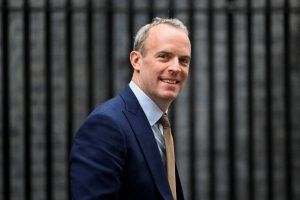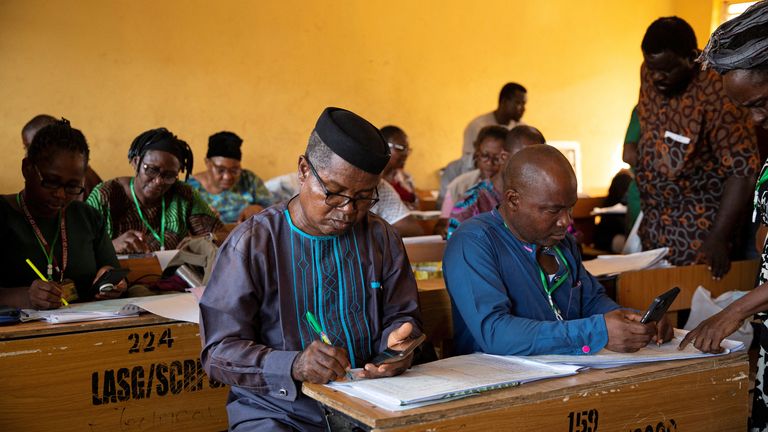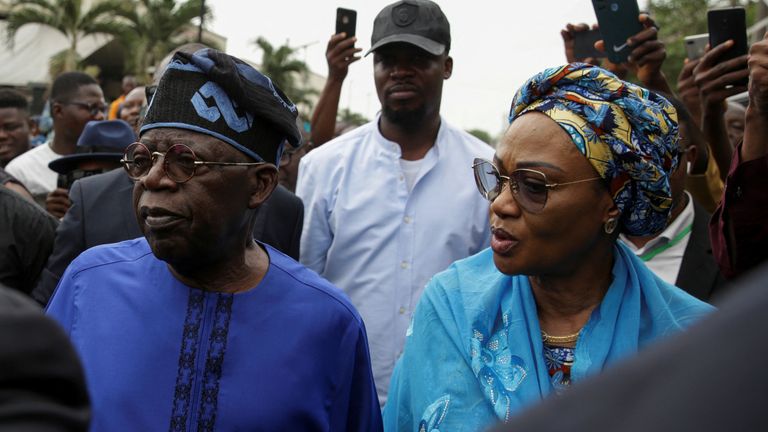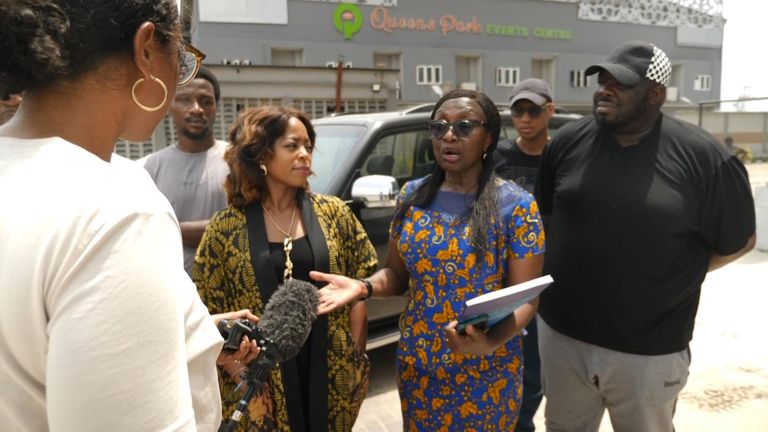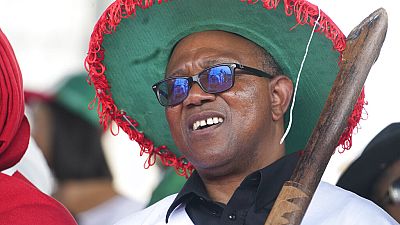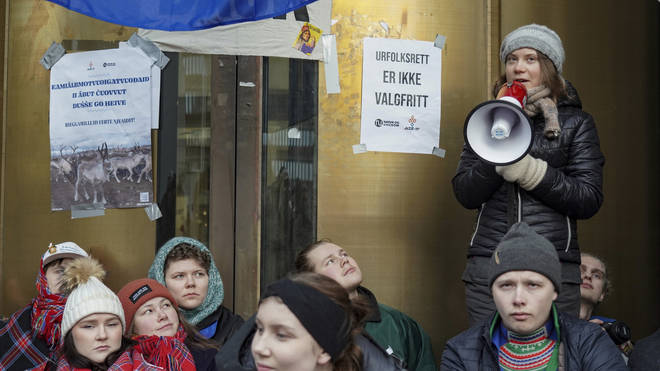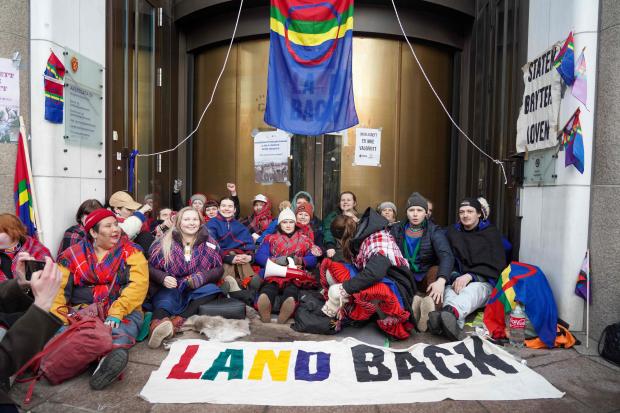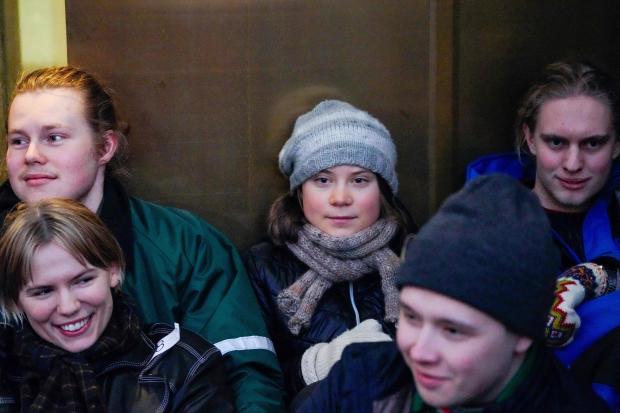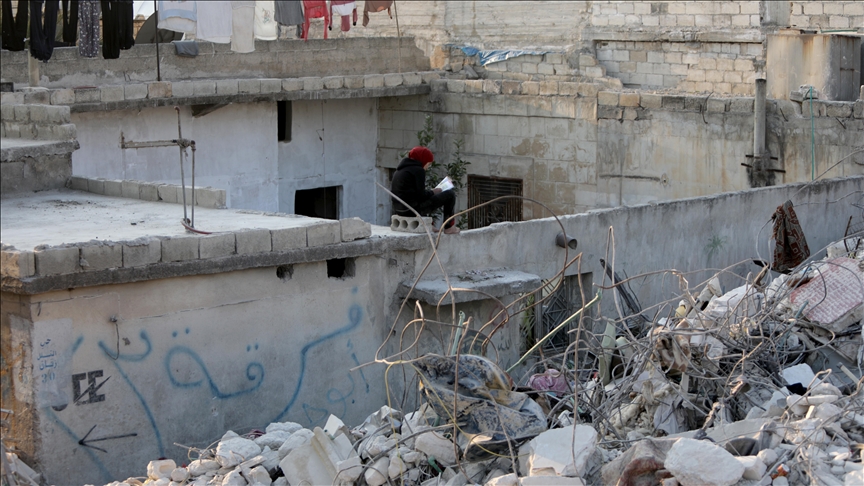
EU Commissioner for Economy Paolo Gentiloni
Elif Selin Calik
February 27, 2023

While the world is dealing with the first anniversary of the deadly war in Ukraine, the solidarity shown towards Turkish society after its devastating earthquake is one of the best examples of "aid diplomacy" in modern history. Even though Turkiye was against Sweden's and Finland's membership of NATO, less than 24 hours after the two massive earthquakes hit southern Turkiye, the well-oiled wheels of humanitarian assistance started turning in Sweden and Finland.
The Swedes have given €3.3 million in humanitarian support, and sent more than 50 search and rescue experts, search dogs and medical teams to Turkiye. Finland also sent 1 million Euros in humanitarian assistance to Turkiye and Syria through the International Federation of Red Cross and Red Crescent Societies. So, could 'earthquake diplomacy' soften Turkiye's stance towards the new NATO applicants?
"The core support that Sweden is already contributing, makes a big difference on the ground in Turkiye and Syria," said Sweden's Minister for International Development Cooperation, Johan Forssell.
EU Donor Conference
On a broader European level an EU donor conference to help earthquake victims in Turkiye and Syria will take place on 16 March, the Swedish Foreign Minister announced last week. By organising this conference, the EU aims to raise additional support for the affected people in Turkiye and Syria and try to do as much as possible to alleviate the terrible consequences of this earthquake.
In addition, the EU wants to strengthen border controls along its land and sea frontier with Turkiye amid expectations of a new wave of arrivals of people displaced in the earthquakes. On 24 February, the EU announced that "it is anticipated some of the people made homeless by the 6 February earthquakes – a disaster that has left more than 50,000 dead – will start heading towards Europe in the spring if humanitarian assistance does not arrive."
Greek Migration Minister, Notis Mitarachi, said the EU would assist in the reconstruction of cities destroyed by the 6 February earthquake, which has killed more than 46,000 people. He also insisted that the "mass movement of millions of people is not a solution" and that humanitarian assistance should be sent to Turkiye and Syria "before this happens".
Because Turkiye has a well-established record of providing assistance to refugees, many countries have hastened to offer help, following the earthquakes. According to the UN, Turkiye shelters over 3.6 million Syrians and is the world's largest refugee-hosting country. Under a geographical limitation that Turkiye has applied to its accession to the UN Refugee Convention, Syrians and others coming from countries to the south and east of Turkiye's borders are not granted full refugee status. Syrian refugees are registered under a "temporary protection" regulation, which the Turkish authorities say automatically applies to all Syrians seeking asylum. Therefore, the fact that Turkiye has been at the forefront of state-led humanitarian diplomacy has triggered other countries' desire to help the earthquake areas in this country.
Meanwhile, Azerbaijan shows solidarity on 'energy diplomacy' by suppling rescue vehicles with free fuel in Turkiye's earthquake region. In addition, according to SOCAR Turkiye, a subsidiary of the State Oil Company of Azerbaijan (SOCAR), 316,000 Euros in essential goods were handed over to AFAD, donated 172,000 Euros, and provided materials worth 27,000 Euros to be delivered to the region under the instructions of the Directorate of Migration Management.
On the other hand, relations between long-standing regional rivals, Greece and Turkiye, have improved since the quakes. On 12 February, Greek Foreign Minister, Nikos Dendias, paid a visit to the earthquake-stricken Hatay province, becoming the first high-ranking official from a European Union member state to do so.
To conclude, as there is $10.4 billion in economic loss, on top of $70 billion in housing losses, now is the time for Turkiye to coordinate with donor countries and agencies to effectively manage the aid and re-build the 12 devastated cities. Perhaps, out of this disaster there may emerge much good through the growing phenomenon of 'aid diplomacy'.
The views expressed in this article belong to the author and do not necessarily reflect the editorial policy of Middle East Monitor.

